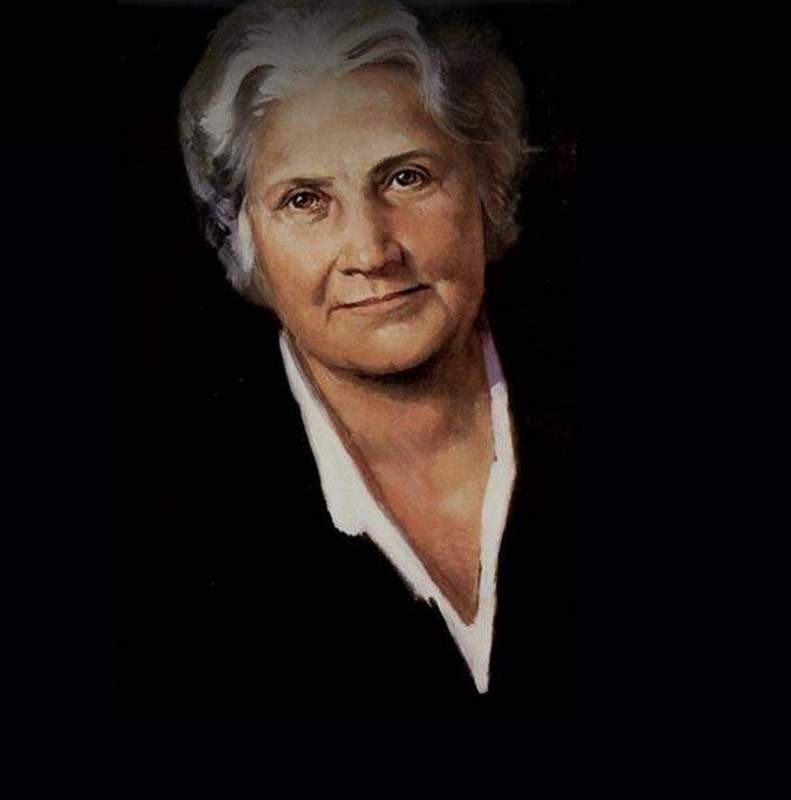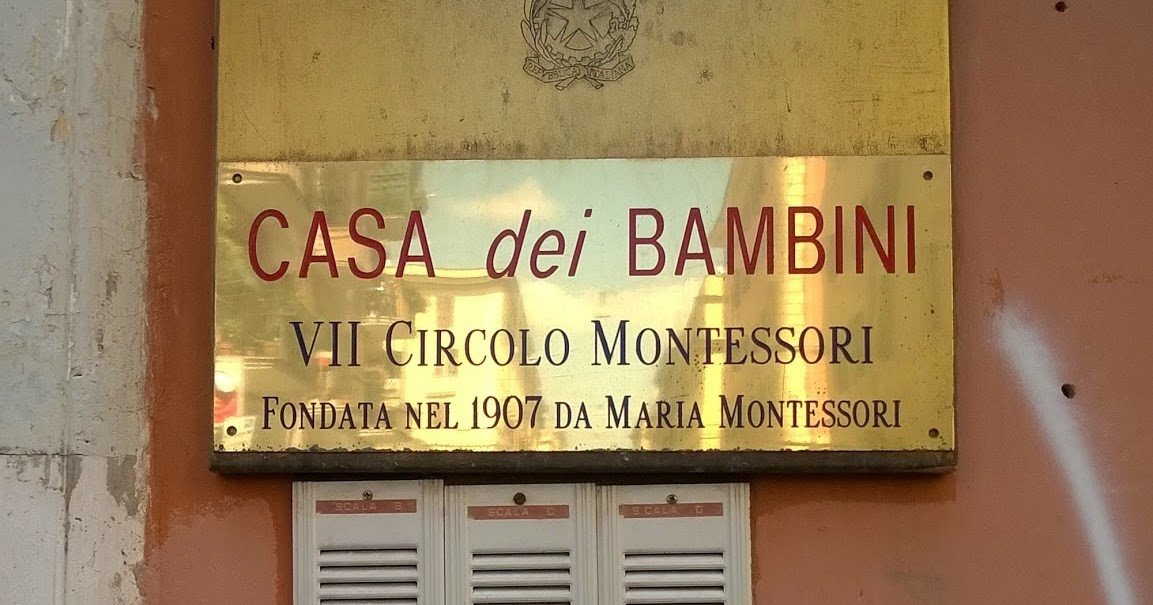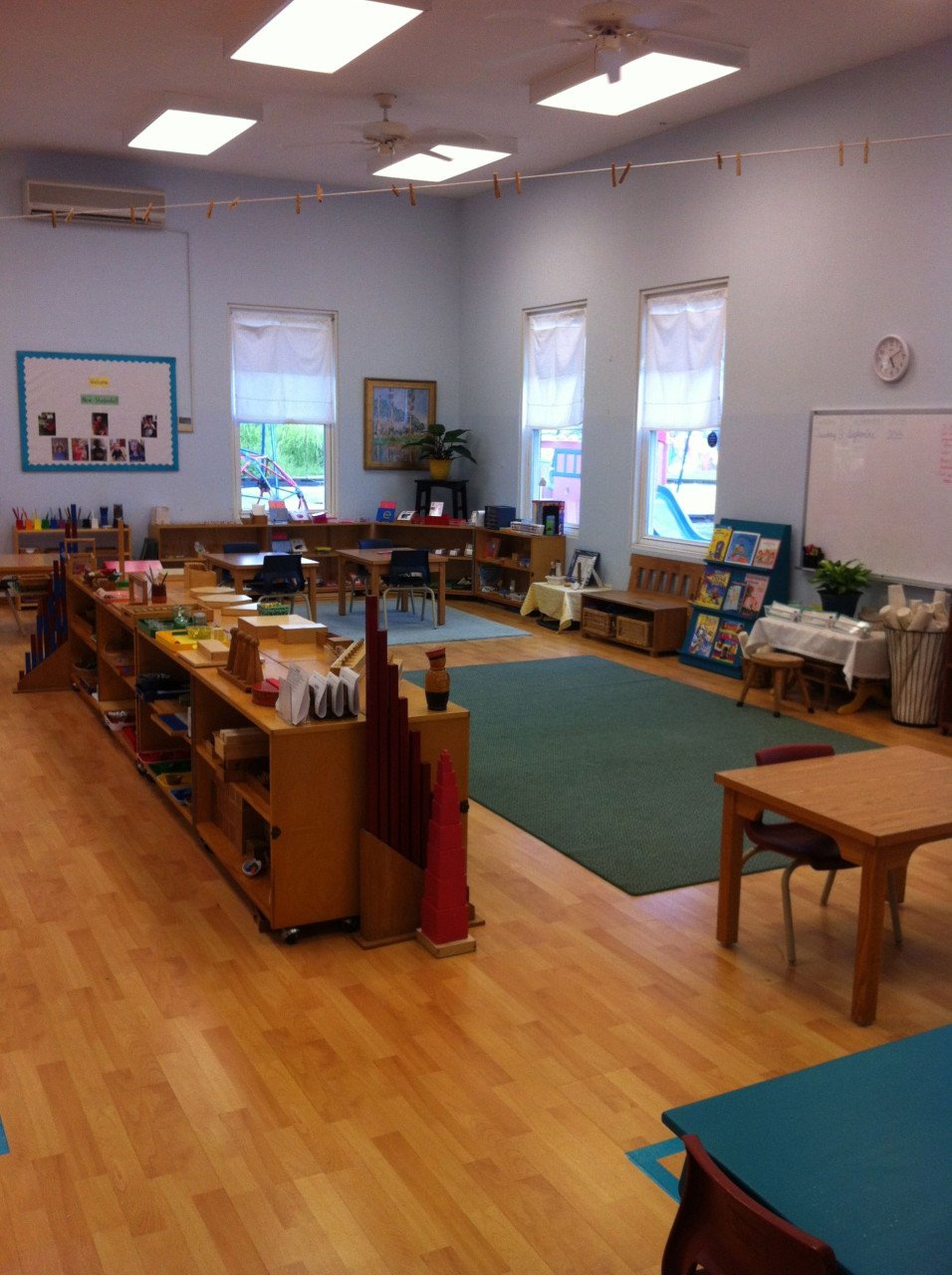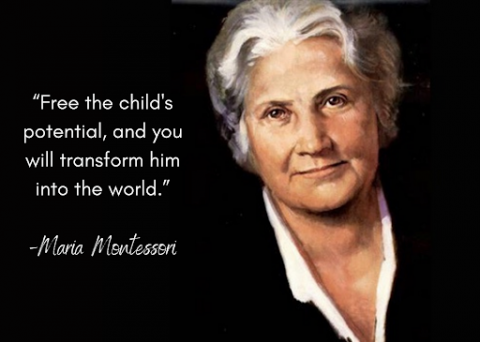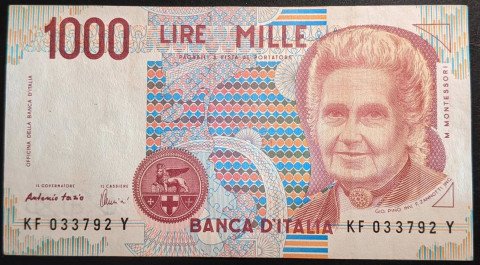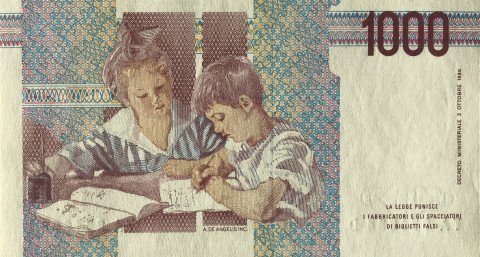Shaping Education for Generations
In the annals of educational history, few names resonate as profoundly as Maria Montessori. Her groundbreaking work not only transformed the way children are taught but also revolutionized the entire educational system. Born in 1870 in Chiaravalle, Italy, Maria Montessori's journey to becoming a model for an entire education system is a captivating story of passion, innovation, and dedication. Her tireless pursuit of educational reform was driven by a deep conviction that every child possessed an innate capacity for learning and self-discovery. Montessori's life's work unfolded against the backdrop of a rapidly changing world, and her methods reflect a visionary approach to education that continues to inspire educators and learners alike, shaping the way we view teaching and learning in the 21st century.
Early Life and Education
Maria Montessori's early life was marked by a passion for learning and an unquenchable curiosity. She defied societal norms of the time by pursuing a career in medicine, a field traditionally dominated by men. In 1896, she became one of the first women to graduate from the University of Rome with a medical degree. This marked the beginning of her journey into the world of education.
The Casa dei Bambini: A Transformative Experiment
Montessori's fascination with child development led her to work with children who were considered "uneducable" due to various disabilities. In 1907, she established the Casa dei Bambini, or "Children's House," in a poor district of Rome. This experimental school became the crucible for her innovative educational approach.
Montessori observed that children possess an innate desire to learn and explore their environment. Her teaching methods were rooted in this understanding. She replaced traditional desks with child-sized furniture, introduced materials designed to stimulate sensory exploration, and allowed children the freedom to choose their activities. The results were astonishing; children who had previously been labeled as unteachable began to flourish.
The Birth of the Montessori Method
Maria Montessori's groundbreaking work at the Casa dei Bambini not only revolutionized the way we think about education but also planted the seeds for what would blossom into the renowned Montessori Method. At the core of her approach lay a profound understanding of children's innate curiosity and their inherent thirst for knowledge.
One of the central tenets of the Montessori Method was its emphasis on individualized learning. Montessori recognized that each child possesses a unique set of interests, abilities, and learning pace. Her method broke away from the traditional, rigid educational structure that treated all students as uniform entities. Instead, it championed the idea that children should be allowed to explore subjects that genuinely captivated their interest. By tailoring education to each child's specific needs and abilities, Montessori believed that students would not only excel academically but also develop a deeper sense of self and purpose.
Furthermore, Montessori's philosophy placed great importance on self-directed discovery. In her classrooms, children were encouraged to take an active role in their learning journey. They were provided with a meticulously prepared environment filled with educational materials designed to stimulate their curiosity. These materials were meticulously curated to be self-correcting, allowing children to learn from their mistakes and develop a sense of mastery over their studies. This emphasis on hands-on, experiential learning empowered children to become independent thinkers and problem-solvers, skills that would serve them well throughout their lives.
Perhaps one of the most profound departures from conventional education in Montessori's approach was the transformation of the teacher's role. Instead of being an authoritarian figure at the front of the classroom, the Montessori teacher assumed the role of a guide and facilitator. This shift recognized that children were not empty vessels waiting to be filled with knowledge but active participants in their own education. Montessori teachers observed, nurtured, and guided their students, providing support when needed and stepping back when appropriate to allow children to explore and learn at their own pace. This shift in the teacher-student dynamic fostered a sense of autonomy and self-discipline in children, qualities that are invaluable in the real world.
In essence, Maria Montessori's philosophy of education shattered the notion that education is a one-size-fits-all endeavor. Instead, it celebrated the idea that learning is a dynamic and personalized journey for each child. By recognizing and respecting the individuality of each student, the Montessori Method not only transformed the educational landscape but also empowered generations of learners to embrace their unique potential and become lifelong seekers of knowledge. It's a legacy that continues to inspire and shape education around the world, ensuring that Maria Montessori's vision endures for generations to come.
International Recognition and Legacy
Montessori's educational philosophy swiftly gained traction worldwide, captivating the hearts and minds of educators eager to embrace a more holistic and child-centered approach to education. Her methodology was seen as a beacon of hope, offering an alternative to traditional, often rigid, educational systems. As a result, Montessori schools began to sprout up on every continent, from North America to Asia, Europe to Africa, and beyond. This global proliferation of Montessori schools bore testimony to the universality and timelessness of Montessori's principles.
In the present day, Montessori education stands as a symbol of educational excellence and innovation. It is celebrated not only for its academic rigor but also for its unparalleled emphasis on the cultivation of essential life skills. Montessori classrooms foster an environment that nurtures independence, encourages self-discipline, and instills a genuine love for learning in every child fortunate enough to experience this unique approach.
Educators, parents, and students have embraced the Montessori Method with open arms, recognizing its profound impact on the holistic development of children. It has become a testament to the enduring power of Maria Montessori's vision, which sought not only to educate young minds but also to empower them to become compassionate, self-reliant, and critically thinking individuals capable of thriving in an ever-evolving world. As Montessori education continues to flourish, it reaffirms its position as a transformative force in the realm of education, inspiring future generations to explore their full potential and become active contributors to society.
Conclusion
Maria Montessori's extraordinary odyssey, from being a trailblazing female medical student to an indelible figure in the realm of education, underscores the transformative potential of innovation and unwavering commitment. Her legacy, etched in the annals of educational history, extends far beyond her own lifetime, leaving an indomitable mark on the minds and hearts of countless children worldwide.
At its core, the Montessori Method embodies an enduring belief in the intrinsic worth of each child. It stands as a beacon of inspiration for educators, urging them to see beyond standardized curricula and assessments. Instead, it beckons them to recognize the boundless individual potential residing within every young learner. Montessori's educational philosophy champions the nurturing of not only intellectual prowess but also essential life skills, including independence, self-discipline, and a fervent love for learning.
As the world hurtles forward into an ever-evolving future, the Montessori Method remains a steadfast guide for educators worldwide. Its principles, firmly rooted in the idea that education is a dynamic and personalized journey, equip children with the resilience and adaptability required to thrive in a rapidly changing global landscape. Maria Montessori's name, an enduring symbol of hope and possibility, continues to light the way for educators, parents, and children alike, as they embark on a collective quest for a brighter, more enlightened future. In her legacy, we find not only an educational model but a profound testament to the human capacity for transformation and growth, echoing through generations to come.
When you subscribe to the blog, we will send you an e-mail when there are new updates on the site so you wouldn't miss them.

